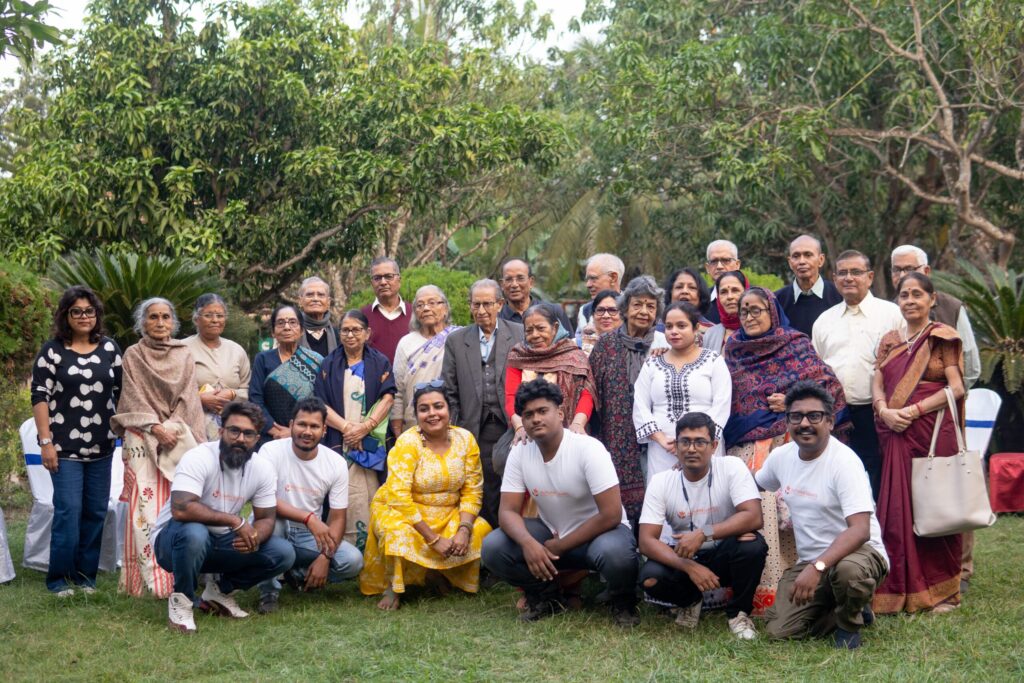Global Trends in Elder Care
The worldwide demographic landscape is undergoing a notable transformation, characterized by a rapid increase in the elderly population. Nations are implementing creative policies and strategies to tackle the challenges and seize the opportunities that arise. For example:
Japan, which has one of the highest proportions of elderly individuals globally, is utilizing robotics and artificial intelligence in elder care, including robotic aides to help with everyday activities.
European countries are concentrating on community-oriented elder care models, encouraging intergenerational living setups to address isolation.
India is advancing infrastructure that is friendly to the elderly and providing tax benefits for families caring for older members.
In the United States, there is a growing emphasis on tele-health services and the development of age-inclusive cities to ensure accessibility for senior citizens.
Elderly Travel
The industry of elder tourism is on the rise, catering specifically to the needs of older travelers. Travel programs have been tailored to prioritize comfort, safety, and enriching experiences suited for seniors. Key features include:
Accessible Locations: Lodging and tours are crafted for seniors with mobility challenges.
Wellness Retreats: Offerings that focus on relaxation, yoga, and spa treatments.
Cultural and Historical Excursions: Guided tours to cultural landmarks with itineraries that allow for a more leisurely pace.
Group Travel Opportunities: Chances for seniors to forge social connections during their journeys.
Medical Travel: Trips aimed at obtaining affordable healthcare and wellness therapies.
These developments highlight a worldwide movement towards reimagining aging, emphasizing empowerment, engagement, and an enhanced quality of life for the elderly.





